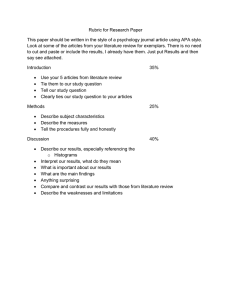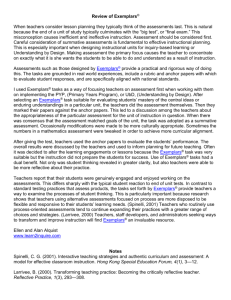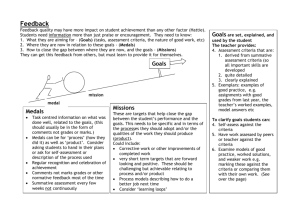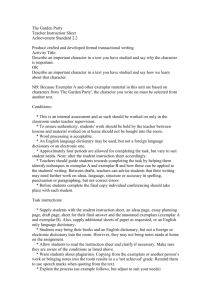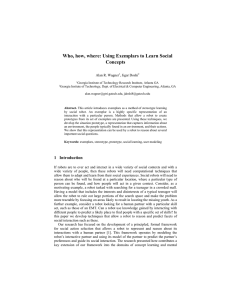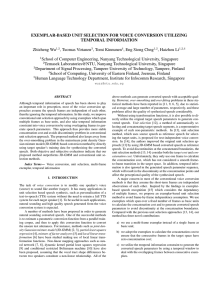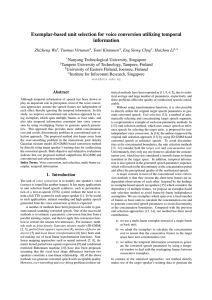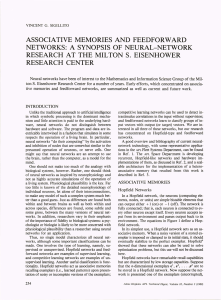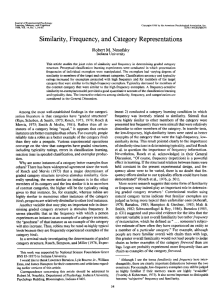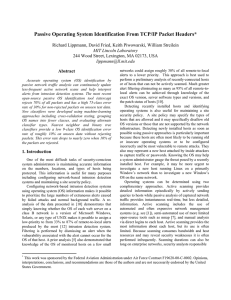Writing Exemplars
advertisement
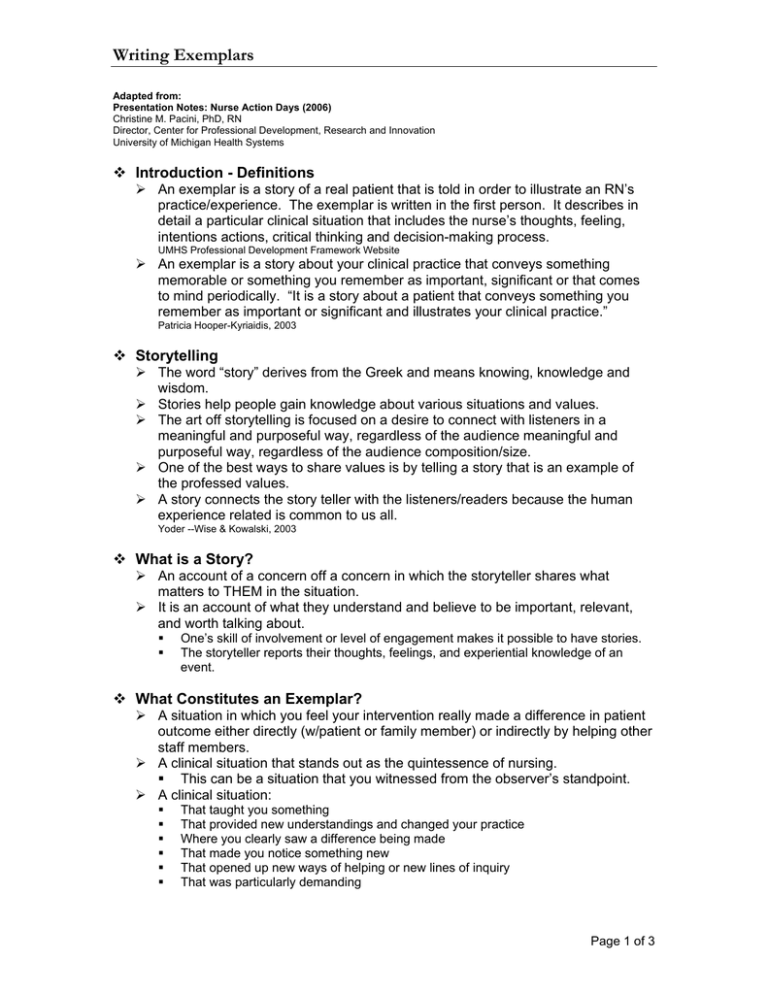
Writing Exemplars Adapted from: Presentation Notes: Nurse Action Days (2006) Christine M. Pacini, PhD, RN Director, Center for Professional Development, Research and Innovation University of Michigan Health Systems Introduction - Definitions ¾ An exemplar is a story of a real patient that is told in order to illustrate an RN’s practice/experience. The exemplar is written in the first person. It describes in detail a particular clinical situation that includes the nurse’s thoughts, feeling, intentions actions, critical thinking and decision-making process. UMHS Professional Development Framework Website ¾ An exemplar is a story about your clinical practice that conveys something memorable or something you remember as important, significant or that comes to mind periodically. “It is a story about a patient that conveys something you remember as important or significant and illustrates your clinical practice.” Patricia Hooper-Kyriaidis, 2003 Storytelling ¾ The word “story” derives from the Greek and means knowing, knowledge and wisdom. ¾ Stories help people gain knowledge about various situations and values. ¾ The art off storytelling is focused on a desire to connect with listeners in a meaningful and purposeful way, regardless of the audience meaningful and purposeful way, regardless of the audience composition/size. ¾ One of the best ways to share values is by telling a story that is an example of the professed values. ¾ A story connects the story teller with the listeners/readers because the human experience related is common to us all. Yoder --Wise & Kowalski, 2003 What is a Story? ¾ An account of a concern off a concern in which the storyteller shares what matters to THEM in the situation. ¾ It is an account of what they understand and believe to be important, relevant, and worth talking about. One’s skill of involvement or level of engagement makes it possible to have stories. The storyteller reports their thoughts, feelings, and experiential knowledge of an event. What Constitutes an Exemplar? ¾ A situation in which you feel your intervention really made a difference in patient outcome either directly (w/patient or family member) or indirectly by helping other staff members. ¾ A clinical situation that stands out as the quintessence of nursing. This can be a situation that you witnessed from the observer’s standpoint. ¾ A clinical situation: That taught you something That provided new understandings and changed your practice Where you clearly saw a difference being made That made you notice something new That opened up new ways of helping or new lines of inquiry That was particularly demanding Page 1 of 3 Writing Exemplars ¾ An incident that went unusually well ¾ An incident that was very ordinary and typical, yet memorable ¾ A situation in which there was a breakdown (things did not go well) Exemplars may also: ¾ Recount instances of early warning signs that you recognize before they could be validated by objectives data. ¾ Demonstrate new clinical knowledge gained through working with a new procedure, new illness, or new technology ¾ Recount examples of healing relationships ¾ Include examples of expert coaching of a patient in a difficult situation or of colleagues in a clinical situation. EXEMPLARS ARE NOT CASE STUDIES Exemplars ARE: ¾ A written account as a narrative or story that reflects current practice. ¾ Written in every day language, not with a theoretical (e.g., nursing diagnosis) approach. ¾ Focused on clinical work – aspects or domains of practice: Clinical judgment, wisdom, thinking and reasoning Therapeutic relationships; caring practice Grasp of a situation; ability to see a problem Actions in a situation; performance; sense of responsibility Response to changing situations; anticipatory skills Engagement with the patient/family; skill of involvement Agency; advocacy; response to diversity Collaboration; teamwork Clinical inquiry; innovation Exemplars include: ¾ ¾ ¾ ¾ ¾ ¾ ¾ ¾ A brief background or history of the patient A detailed description of what happened including as much dialogue as possible Why the situation is “critical” or significant to you What your concerns were at the time What you were thinking about as it was taking place What you were feeling during and after the situation What, if anything, you found most demanding about the situation What you found to be most satisfying about the situation Developing Exemplars ¾ How to get started: Reflect on your practice List possible stories Talk out loud about your experience Start writing without concern for grammar, spelling, wording, sentence structure—just start writing ¾ Before your start, consider whether the story represents your experience ¾ Write as much about the story on paper as is relevant, with as much detail as you remember. ¾ Planning Page 2 of 3 Writing Exemplars Exemplars take a little time to complete Allow yourself some time to contemplate about your experience Developing Exemplars ¾ Writing Write the story down first as you remember it, fill the details later Write down what you actually did Relive the experience in your imagination, pause and rewind as necessary Use everyday language, don’t muck with the works to “spiff up the language” Include a brief sentence about why this area interests you Give a first person account Include actual dialogue Change the name or don’t use patient/family identifiers Describe you actual encounter ¾ Avoid Generalizations Over speak, say it simply and to the point Summary statements “I just liked it” Finished Exemplar ¾ Include; A brief background or history of the patient What you found most demanding What you found most satisfying ¾ If possible be submit a type written exemplar, but ok if on a napkin ¾ 1-2 pages, no longer than 5 ¾ Please include name, date and unit Page 3 of 3
